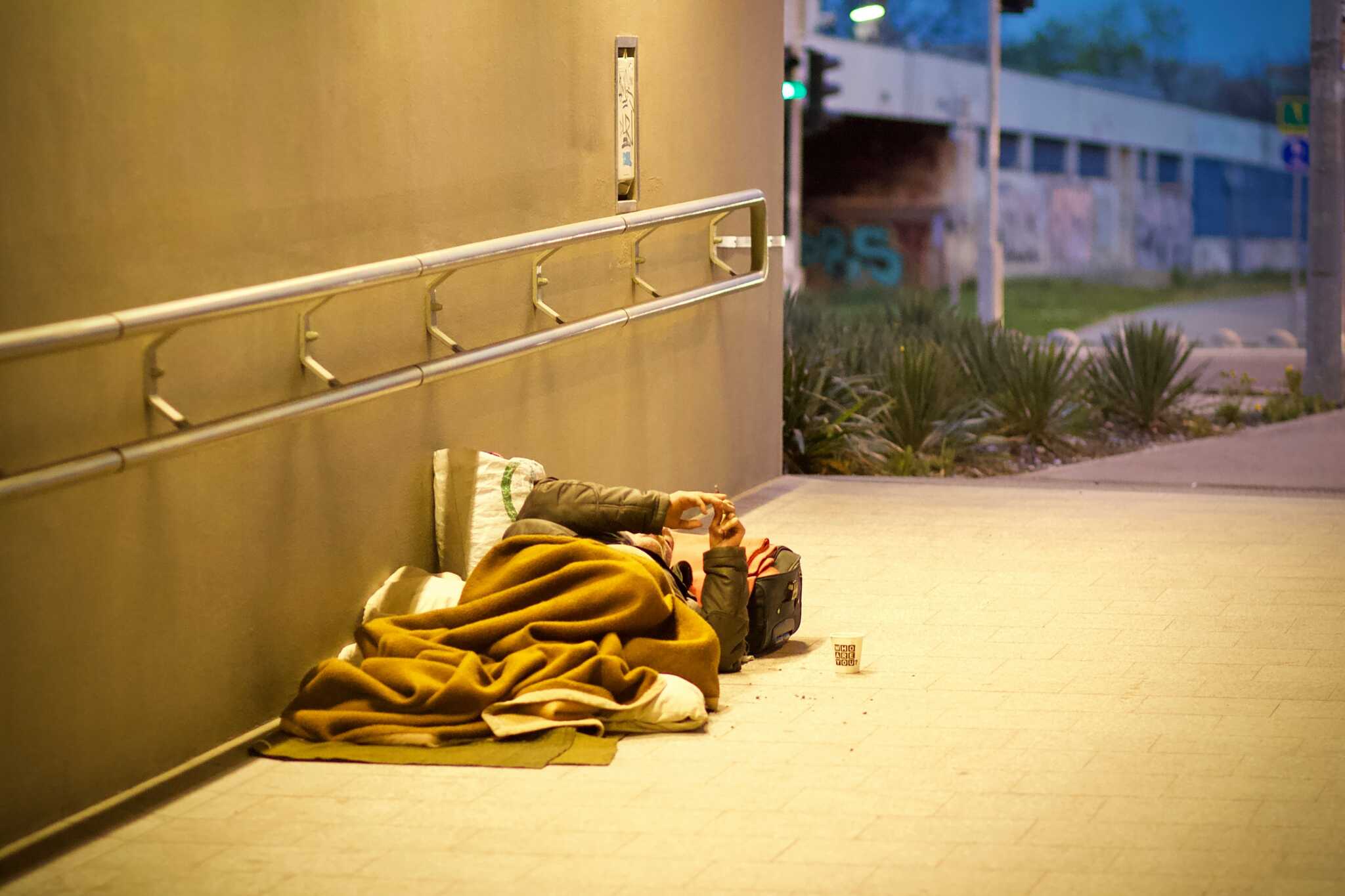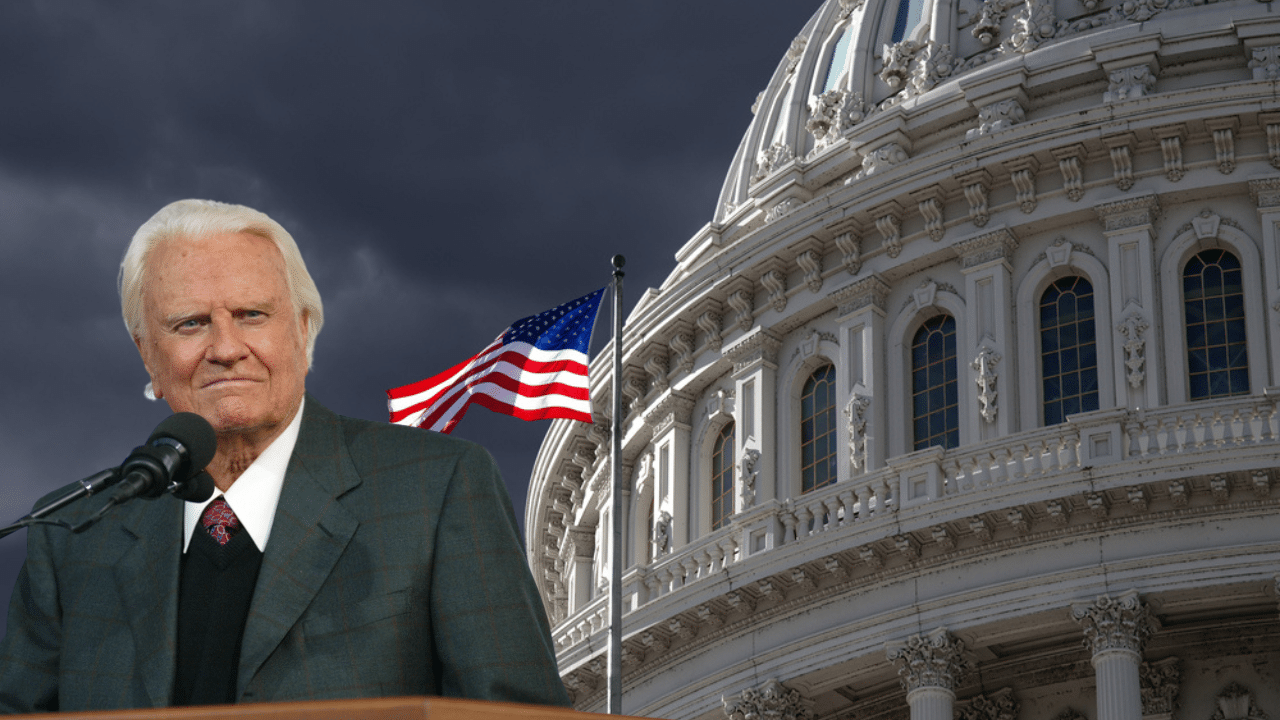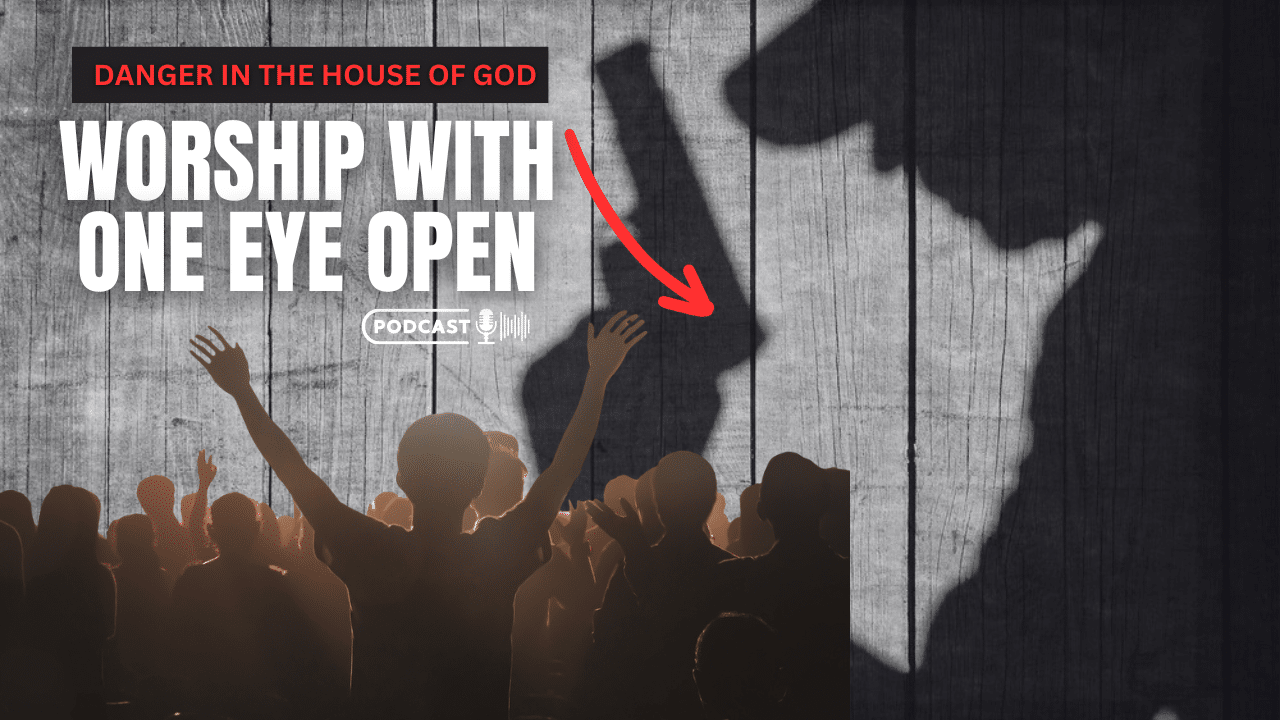(OPINION) Over half of Americans claim to have communicated with deceased relatives either in dreams or other means — and the “moderately” religious are the most likely people group to say they’ve had such a supernatural encounter.
A recent survey by the Pew Research Center found that 53% of Americans say they’ve had interactions with loved ones who have passed away. Of these, 46% experienced the interaction within a dream, while 31% claimed it took place in some other manner.
Additionally, 34% of respondents said they’ve “felt the presence” of a deceased family member, 28% have spoken about their lives to them, and 15% felt that a deceased relative “reached out” to them.
Just under half (44%) of participants mentioned having at least one such encounter within the past year. The Pew survey, which gathered responses from 5,079 U.S. adults, took place between March 27 and April 2.
Interestingly, the research highlighted that Americans with medium levels of religious commitment are more inclined to report these experiences than those with either very high or low religious affiliations.
The report noted that “people who are moderately religious are more likely than others — including those who are highly religious and those who are not religious — to have experienced these things.”
Just 34% of agnostics and 26% of atheists claimed such experiences, compared to 42% of Evangelical Protestants. Historically black Protestants (67%) and Catholics (66%) reported even higher rates.
“People who are moderately religious seem to be more likely than other Americans to have these experiences,” Pew noted. “This is partly because some of the most traditionally religious groups — such as evangelical Protestants — as well as some of the least religious parts of the population — such as atheists and agnostics — are less likely to report having interactions with deceased family members.”
Demographically, women (53%) were more likely than men (35%) to report having an experience with the dead.
The survey inquired about interactions with deceased relatives but didn’t delve into the reasons or interpretations behind these experiences. It also didn’t clarify if respondents viewed these encounters as supernatural or explainable through natural causes.
Jeff Dryden, professor of biblical studies at Covenant College, told The Christian Post that while the Bible “does not really speak directly for or against the possibility or practice” of the deceased interceding or communicating with the living, traditionally, the Christian Church has treated this as “somewhere between superstition and something close to witchcraft.”
“The Bible does speak to the reality that personhood continues on past death and exists past death,” he said. “This is not unique to the Bible or Christian belief. Most religions have some kind of understanding of an ‘afterlife’ existence.
The Bible gives no endorsement of the validity or utility of communication with the dead or their effective intervention in the land of the living.”
However, the Bible warns against attempting to communicate with the dead and the book of Luke is clear that the dead cannot communicate with the living, even to warn them about eternal damnation, as shown in Luke 16: 22-31:
“The time came when the beggar died and the angels carried him to Abraham’s side. The rich man also died and was buried. In Hades, where he was in torment, he looked up and saw Abraham far away, with Lazarus by his side.
So he called to him, ‘Father Abraham, have pity on me and send Lazarus to dip the tip of his finger in water and cool my tongue, because I am in agony in this fire.’
“But Abraham replied, ‘Son, remember that in your lifetime you received your good things, while Lazarus received bad things, but now he is comforted here and you are in agony. 26 And besides all this, between us and you a great chasm has been set in place, so that those who want to go from here to you cannot, nor can anyone cross over from there to us.’


















